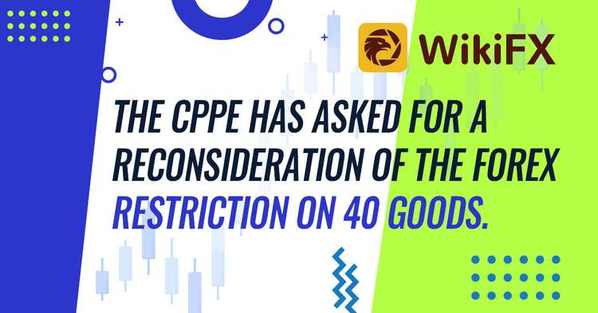
The Centre for the Promotion of Private Enterprise (CPPE) has encouraged the Central Bank of Nigeria to reconsider its restriction on some of the more than 40 commodities for which the regulator has barred importers from obtaining foreign exchange.
The organization also criticized the Nigeria Customs Service's decision to reintroduce excise duty on soft drink manufacturers in the nation, calling it ill-timed, insensitive, and unsuitable given the country's current tough economic and commercial conditions.
The Centre, headed by Dr. Muda Yusuf, its Chief Executive Officer, stated this in its recently issued economic and business environment evaluation for 2021 and agenda for 2022.
According to the CPPE, the CBN must involve stakeholders since the existing FX policy regime is harming investors, manufacturers, and other stakeholders.
“In order to lessen the drain on foreign reserves, the CBN has prohibited over 40 goods from access to foreign exchange through the official window,” it stated.
Some of the items on this list are intermediary goods for some manufacturing enterprises, which has harmed some of them. It would be prudent for the CBN to undertake a vigorous dialogue with stakeholders in the New Year in order to evaluate this list.
According to the organization, the CBN should implement a freely floating exchange rate policy regime and enable pricing mechanisms in the forex market to reflect demand and supply fundamentals.
Our proposal is to implement a freely floating exchange rate approach based. We would like to emphasize that this is not a proposal for devaluation. Rather, it is a pricing system that reflects the realities of demand and supply in the forex market. It is a system that is long-term, predictable, and open. It is a policy framework that would eliminate uncertainty and instill investor confidence.

Leave a Reply